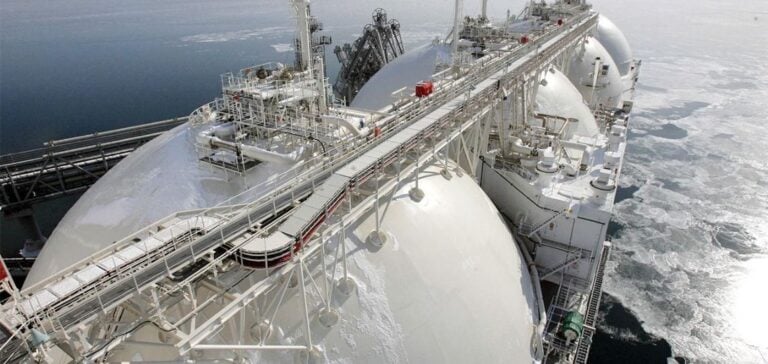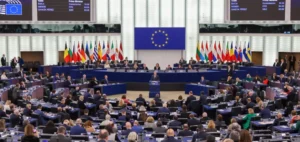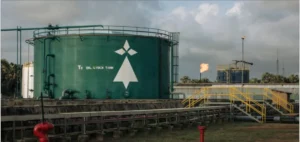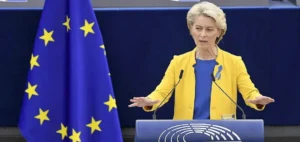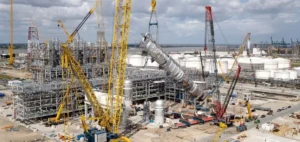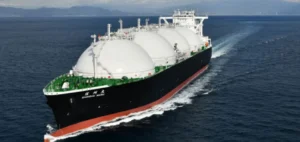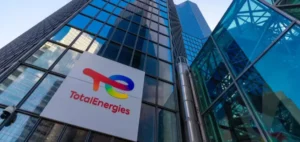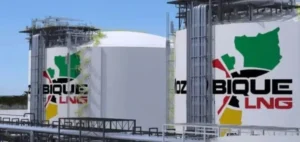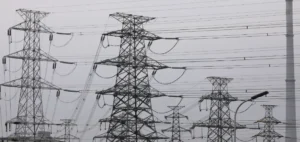Japan has boosted its imports of liquefied petroleum gas (LPG) ahead of the winter season, with transactions concluded between a discount of $5/t and a premium of $3/t compared to the December Far East Index (FEI). While some of these purchases are intended for heating, others aim to cover short positions, according to market sources.
Data from S&P Global Commodities at Sea shows that 801,000 tons of LPG were discharged in Japan in November, compared to 883,000 tons in October. These volumes, however, are lower than those recorded during the same periods in previous years. Meanwhile, December propane swaps prices in North Asia fell to an average of $624.50/t in November, down from $661.34/t in October.
The Growing Role of LPG in Japanese City Gas
Japan uses LPG to adjust the calorific value of its city gas, a process necessitated by the increasing importation of lean liquefied natural gas (LNG) from the United States. The Japanese Ministry of Economy, Trade, and Industry (METI) projects an annual growth of 2.4% in LPG demand for city gas, reaching 1.722 million tons by the fiscal year 2028-2029, a 12.8% increase compared to 2023-2024.
Reselling of Surplus Cargoes by South Korea and China
In contrast, South Korea and China, which do not require LPG for winter heating, are reselling their surplus cargoes. In November, South Korea exported 136,000 tons of LPG, compared to 114,000 tons in October, mainly destined for China. South Korea prioritizes the use of LNG for its winter needs.
In China, propane demand has slowed due to the maintenance shutdown of several propane dehydrogenation (PDH) plants. Out of 30 plants, at least eight were offline in November, and some may remain shut until the Lunar New Year, according to market sources. Despite this demand drop, propane CFR North Asia prices slightly increased, reaching $622/t on November 28 compared to $617/t the previous day.
Japan’s strategy to secure stocks contrasts with that of its neighbors, who prefer to commercially manage their LPG surpluses.


